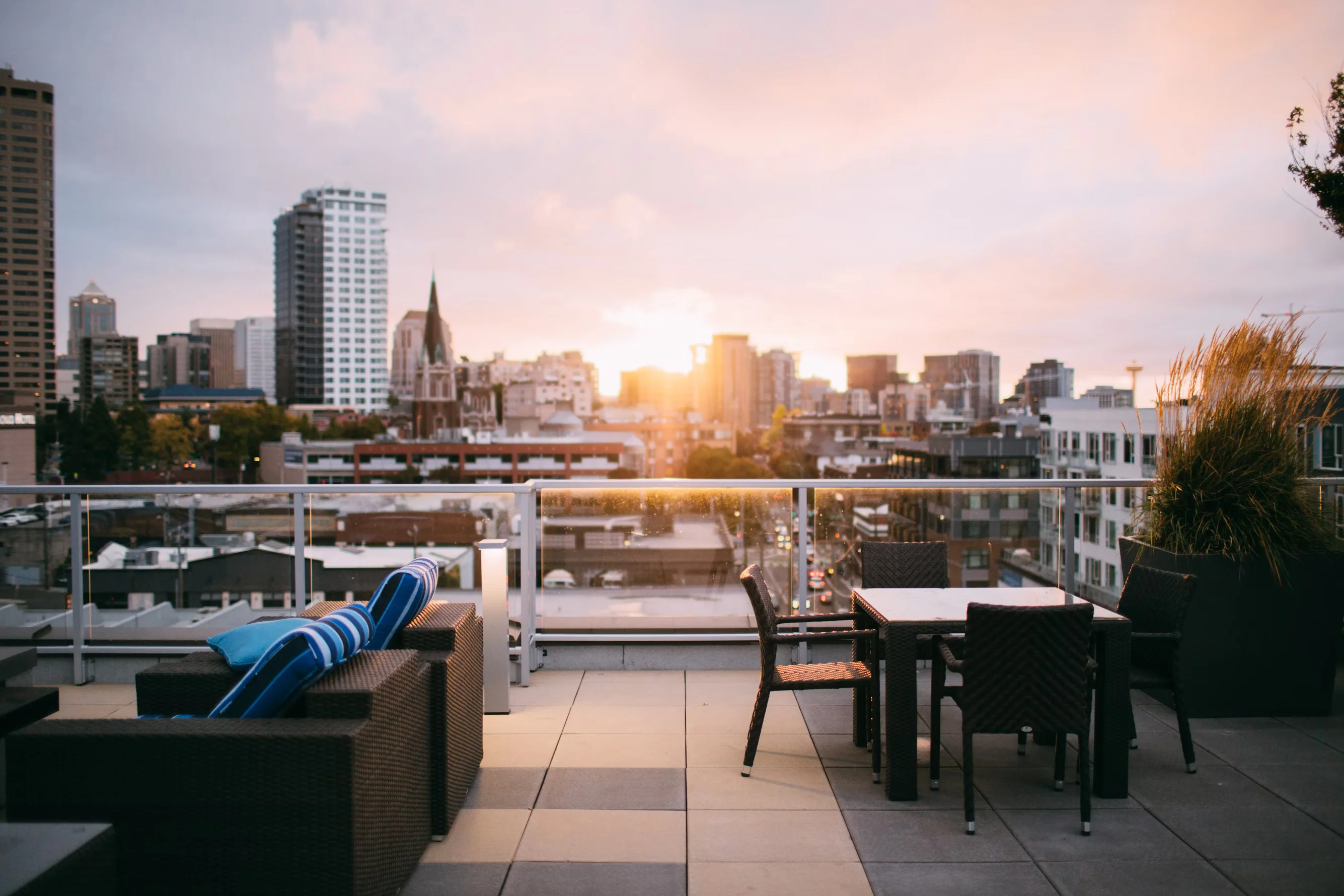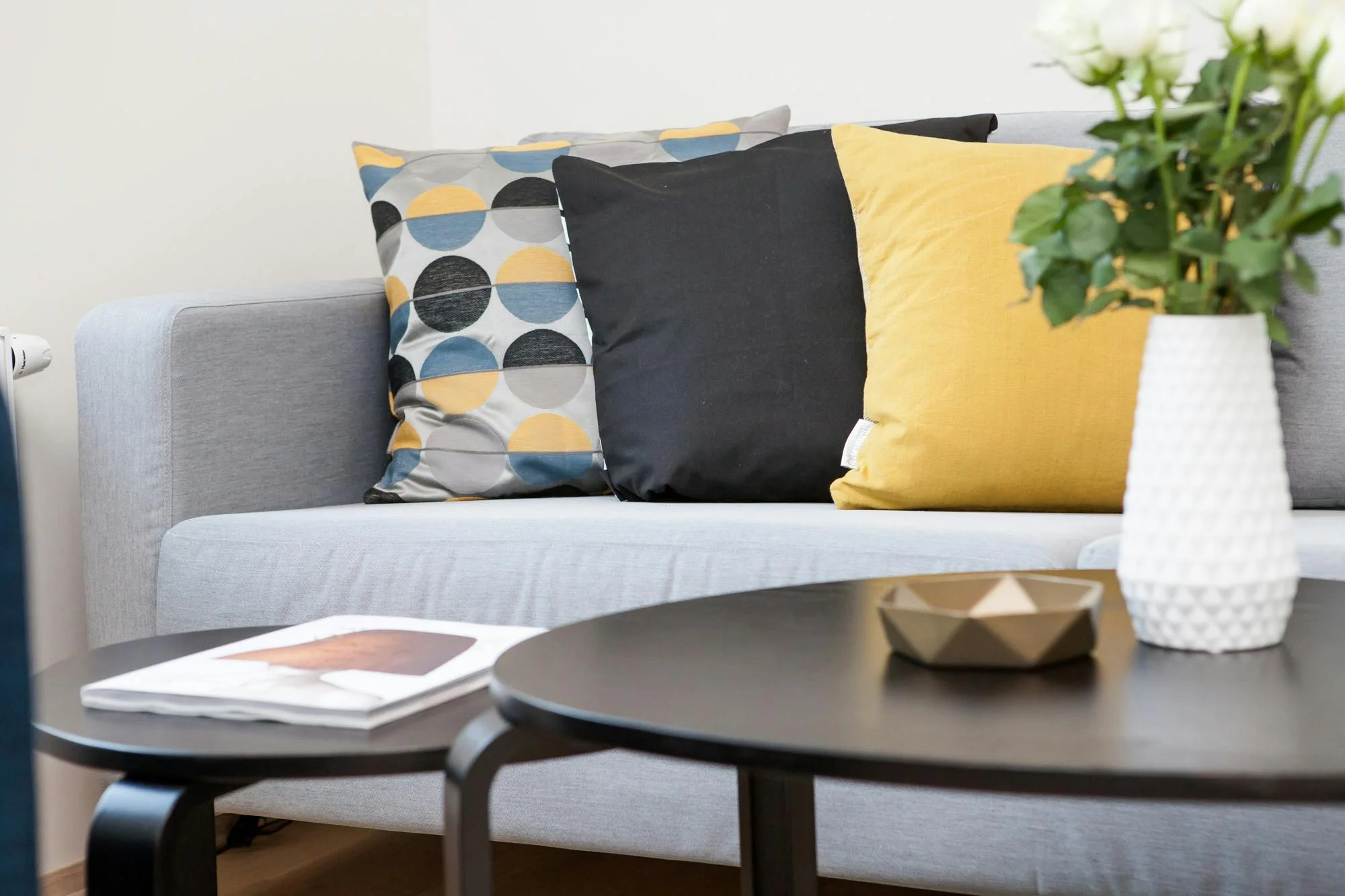Condo leasing has its perks, but for first-timers, it may be an entirely new environment. Imagine yourself in a complex with multiple owners. Some areas are owned individually, while others, collectively. Decision-making is made by elected directors of the Homeowners Association (HOA). Now, you have three entities to deal with: your neighbors, your landlord, and the HOA. As in any case, potential problems can be avoided with proper information and preparation. So, are you prepared to live in a condo for rent?
1. If the Price is Right
Renting a condo in Philippines usually has a standard price, depending on condo location, size of the unit, amenities, etc. Before signing a contract with your landlord, check for prevailing condo house rental rates in that area, as well as standard practices for charging advanced rentals and security deposits. Also check all terms and conditions in your contract. This is a legally binding agreement, so clarify any legal terminology that may be difficult to understand.
2. Who Pays What?
Find out the HOA fees and charges, and clarify which ones are for the tenant’s account and the owner’s account. These should be stated clearly in your lease contract. The usual charge of HOA are the association dues, but there may be other charges, such as move-in, move-out, documentation, etc.
A common problem is when a landlord charges a tenant for association dues on top of the rent but fails to forward the payment to the HOA. So when the HOA takes legal action, the tenant is left unaware. For your protection, you may arrange to pay directly to the HOA and present a proof of payment to your landlord.
3. Inspect & Investigate
Before moving in, ensure that the unit is in good condition – electrical and plumbing are working well. If renting a furnished condo, ensure also that all appliances are in good working condition. Check any leaks, jammed door knobs, or anything that may need repair. It is important to communicate the unit’s condition to the landlord before moving in since all damages may be deducted from your security deposit upon termination of contract.
Ensure also that all utility bills have been paid. You wouldn’t want your gas, electricity, or water to be cut off due to someone else’s debt, would you?
4. Know the Rules
Familiarize yourself with the association’s covenants, conditions, and restrictions. These are legally enforceable documents that apply to tenants and unit owners. It includes disclosures on things like parking allocation and rules for the use of recreational facilities. It is best to obtain a copy of these condo house rules from your landlord and take time to read them. Clarify any rule that you don’t understand. Caution your guests on these rules and regulations too. This is to avoid fines for violations that you or your guests may not be aware of.
5. People, Parking, and Pets
Consider a community of residents. Add to that their guests, cars, and pets. What do you get? Lots of noise and less parking space! As a tenant, you should know the number of people allowed to reside in your unit, your allocated parking space, and the number or kind of pets that you may bring in, and stipulate them in your lease contract. This way, both you and your landlord take the joint responsibility of abiding by the rules.
6. Know Your Rights
Aside from allowed guests, cars, and pets, know your renting rights and restrictions such as how often you can bring in overnight guests, whether or not you can smoke indoors, which kinds of appliances you are permitted to use, etc.
7. Let Your Voice Be Heard
In HOA meetings, only condo owners are given the right to vote since they have the ownership interest. So it is best to discuss with your landlord matters that need to be raised in these meetings. Or even better, attend the meetings yourself. Though you are not allowed to vote, your voice can be heard and anything you say will be taken into consideration.
8. Repair Responsibilities
When repairs are needed, who you gonna call? If the problem occurs in your unit, it is you landlord’s duty to act on the repair. To expedite, you may inform your landlord that you will undertake the repair and deduct the repair cost from your rental. But if the needed repair is in a common area (e.g. a hallway or recreation facility), you can contact the HOA directly.
9. Safe & Secure
The best feature of condo living, if not the amenities, is the security. Know what a good condo unit should have. Many condos are equipped with surveillance system kits to monitor condo activities 24/7. But not all systems are full-proof. If you feel the need to add surveillance cameras, you have right to suggest it to the HOA. Know your rights too, in case of security lapses. Find out who’s liable in case of any losses – the HOA or the security agency.
10. Love Thy Neighbor
It is easy to love someone, but you’d wish that they love you back. Consider yourself with a neighbor who seems to have a “body clock” that is different than yours. At daytime, he’s quiet as a mouse, but come bedtime, his unit turns into a concert arena. Of course, the best course of action would be a diplomatic negotiation. But when that fails, you can always report to the security or HOA and let them take the necessary action.
11. Renewal of Lease
Another problem of tenants is when their lease agreement expires and they are left in the dark if their landlord has any intention to renew. This is usually the case when a landlord lives or stays in another country. In this case, you can state in the contract an automatic renewal, unless any of the parties signifies an intention to terminate. It would be best also to require a written 2-month notice (or 3 months, whatever time frame is needed for you to find a new place) prior to termination.
There is undoubtedly a rising popularity in condominium in the Philippines. The key to success in condo living is respect for each other’s rights. With rules and regulations in place, a condo becomes a home sweet home not just for one family, but for an entire community.










